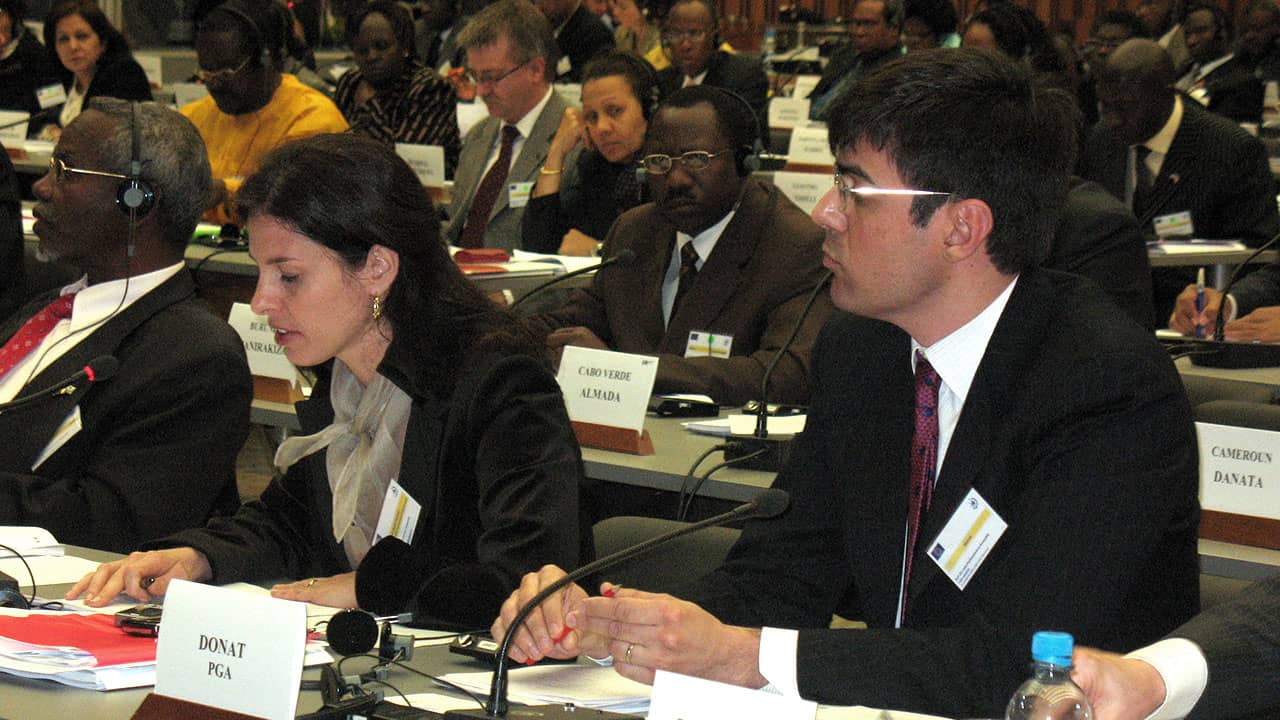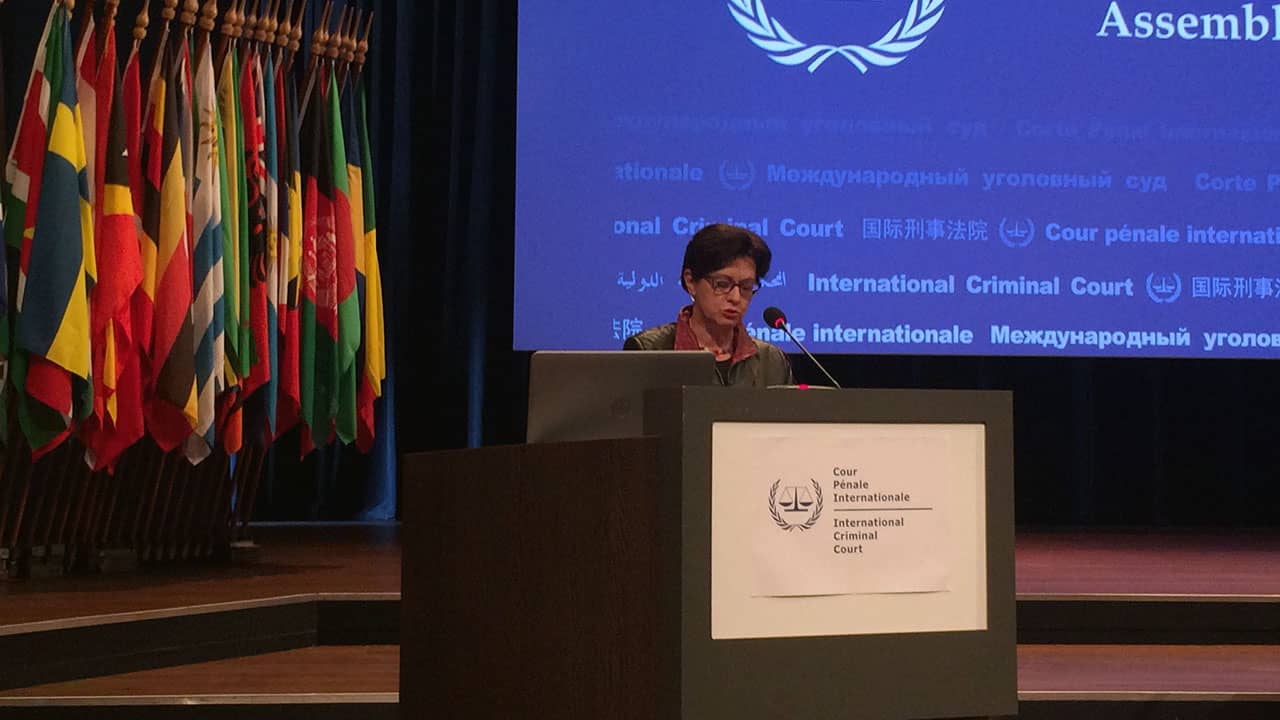Government type:
Parliamentary Monarchy. The Solomon Islands is a member of the Commonwealth of Nations.
Objective:
Ratification of the Rome Statute.
Status
-
Rome Statute: signed the Rome Statute on 03 December 1998
-
APIC: not signed or acceded
-
Amendments to the RS: none
-
Bilateral Non-Surrender Agreement with the US: signed on 19 September 2003
Background:
The ICC presidency reported to PGA in 2007 receiving requests of technical assistance from the government of Solomon Islands to proceed with accession.
The Solomon Islands was last reviewed during the 24th session of the UPR in 2016. It noted all recommendations to ratify and implement the RS as well to accede to APIC (in 2011, this process led to Ecuador's signature and ratification of the Rome Statute).
The Solomon Islands had initiated a constitutional reform process. It was reported that the Constitutional Reform Unit was at the final stage of consultations in January 2016. However, the timeline for when the new federal constitution would come before Parliament was not clear.
Potential Obstacles
PGA received indications that the Government is committed to ratify, but bilateral problems between Australia and Solomon Islands and between New Zealand and Solomon Islands might have negatively impacted the progress of the ICC dossier.
PGA Activities
PGA has offered to provide technical assistance to Solomon Islands' legislators.







